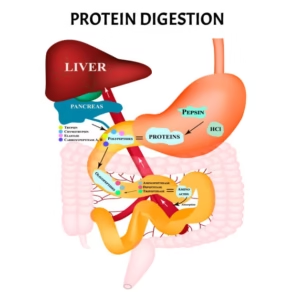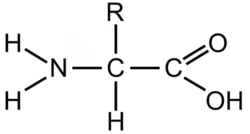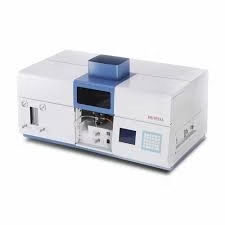
Sources of Amino Acids Dietary proteins – obtained from food and digested into amino acids. Degradation of body (tissue) proteins – due to normal protein turnover. De novo synthesis – Read More ……..
Simplifying Allied Health Learning.

Sources of Amino Acids Dietary proteins – obtained from food and digested into amino acids. Degradation of body (tissue) proteins – due to normal protein turnover. De novo synthesis – Read More ……..

Introduction Proteins are fundamental macronutrients that form the structural and functional framework of life. Every living cell depends on proteins for enzymatic reactions, signaling, contractility, transport, and immune protection. Dietary Read More ……..

Amino Acids Amino acids are the structural units (monomers) of proteins. An amino acid comprises two functional groups—amino (–NH2), and carboxyl (–COOH). They also contain a hydrogen atom and a Read More ……..

Introduction Atomic Absorption Spectroscopy (AAS) is an analytical technique used to determine the concentration of specific metal elements in a sample by measuring the absorption of light by free atoms. Read More ……..

Introduction Flame photometry is an analytical technique used to determine the concentration of metal ions, primarily those of alkali and alkaline earth metals. It is based on the principle that Read More ……..